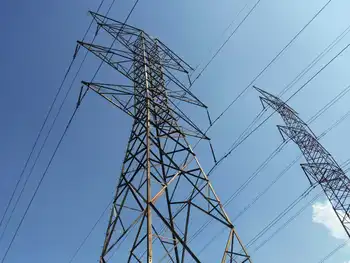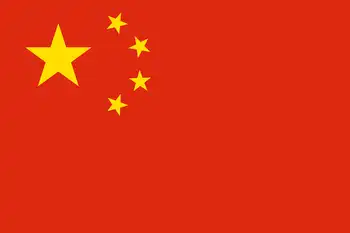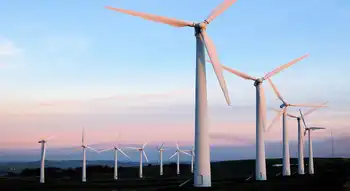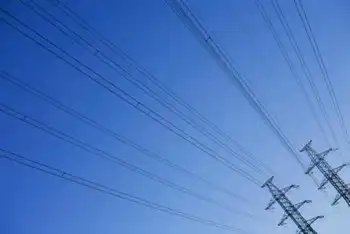Dry winter may force Rio Tinto to buy more power
SAGUENAY, QUEBEC - Rio Tinto expects that a dry winter in the Saguenay region of Quebec will force its aluminum division to increase energy purchases this year from the provincial utility despite flat production levels.
The mining giant said low snow and rain levels that accompanied the warmest winter in 50 years could lead to reduced power generation by its Quebec facilities.
At this point were looking at lower levels than usual and its pretty much the lowest levels weve seen in a little while, spokesman Stefano Bertolli said in an interview.
There were 176 millimetres of precipitation at all its Quebec reservoirs between December 1 and March 31, representing 82 per cent of the normal winter total. It was the driest winter since 2002 and the ninth worst in 57 years.
Temperatures were nearly five degrees warmer than normal at 9.9 C making it the warmest winter since 1957.
Bertolli said electricity purchases will depend on rainfall in the coming months.
Since 2002, Rio Tinto Alcan has generated on average 2,100 megawatts of electricity annually and purchased 159 MW from HydroQuebec.
It bought 116 MW last year, but 280 MW in 2007 during the last dry spell.
Rio Tinto, which pays low electricity costs under a secret contract with HydroQuebec, wouldnt disclose the possible cost of higher energy purchases.
The AngloAustralian company company said that its total aluminum production should remain stable at 3.8 million tonnes in 2010.
Production in the first quarter was one per cent below last years level and two per cent lower than during the fourth quarter, partly because of smelter closures and divestments.
Overall Canadian aluminum production decreased 3.9 per cent to 420,000 tonnes in the first quarter compared to a year ago. It was down 2.3 per cent from last quarter.
A total of 1.7 million tonnes of aluminum was produced in Canada last year. About 87 per cent of which was in Quebec.
Rio Tinto Alcan said its in no rush to boost production until demand, which last year caused prices to plummet, recovers.
Theres a lot of inventory in the market and until we see that the recovery is fully engaged were not going to ramp up any more than we are at this point, said Bertolli.
Meanwhile, Rio Tinto Group PLC said it is lifting its production of iron ore after demand from China drove a 39 per cent jump in firstquarter output.
The update from the worlds third largest miner came ahead of its annual general meeting in London.
Rio Tinto reported that iron ore, the key component in steel production, reached 43.4 million tonnes in the first three months of this year. That compares with 31.2 million a year earlier.
Rio is boosting iron ore production to take advantage of rising prices and Chinese demand, forecasting an eight per cent rise in production this year.
Chinese demand grew strongly and we saw some recovery in Organization for Economic Cooperation and Development markets, but we are still cautious about short term volatility, chief executive officer Tom Albanese said in the statement.
The long term outlook remains very strong and we are now ramping up our growth projects.
But the numbers were still short of many analysts expectations.
Rio Tintos share of first quarter production at Iron Ore Company of Canada was 1.9 million tonnes of pellets and concentrate, a one per cent increase from the same period in 2009. But it was 23 per cent lower than the fourth quarter because of severe weather and related power failures.
Related News
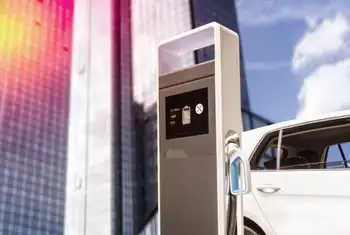
How vehicle-to-building charging can save costs, reduce GHGs and help balance the grid: study
OTTAWA - The payback that usually comes to mind when people buy an electric vehicle is to drive an emissions-free, low-maintenance, better-performing mode of transportation.
On top of that, you can now add $38,000.
That, according to a new report from Ontario electric vehicle education and advocacy nonprofit, Plug‘n Drive, is the potential lifetime return for an electric car driven as a commuter vehicle while also being used as an electricity storage option in Ontario’s electricity system.
“EVs contain large batteries that store electric energy,” says the report. “Besides driving the car, [those] batteries have two other potentially useful applications:…

